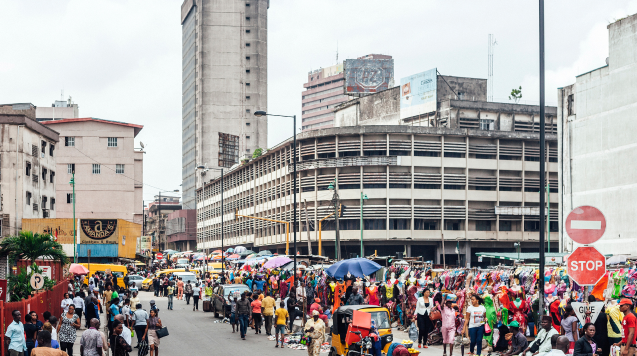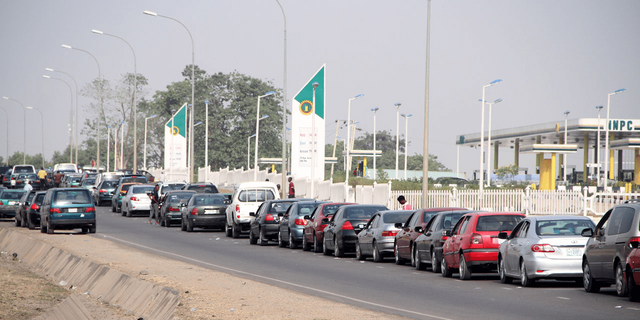Nigeria’s annual inflation rate has surged to an alarming 24.08 per cent in July, up from 22.79 per cent in the month of June, according to data released by the National Bureau of Statistics (NBS) on Tuesday.
The NBS also reported that on a year-on-year basis, the headline inflation rate is a staggering 4.44 per cent points higher compared to the same period last year, where it stood at 19.64 per cent.
““This shows that the headline inflation rate (year-on-year basis) increased in July 2023 when compared to the same month in the preceding year (i.e., July 2022),” the NBS said.
Of particular concern is the steep escalation in food prices, as the food inflation rate surged to 26.98 per cent in July, up from 25.25 per cent in June.
This surge in food costs worse by the removal of fuel subsidy in May is hitting Nigerian families hard, leaving many struggling to afford basic necessities.
President Bola Tinubu’s announcement of the removal of petrol subsidies during his May 29 inauguration was aimed at streamlining economic efficiency.
However, this decision has inadvertently led to a wave of price hikes in transportation and across goods and services, significantly impacting the cost of living for Nigerians.
Another policy that has played a role in the price surges is the Central Bank of Nigeria’s (CBN) decision to unify all segments of the foreign exchange (forex) market, with the aim of enhancing transparency and boosting investor confidence.
TheNewsGuru.com (TNG) reports that the move has exerted pressure on the local currency and manufacturers, ultimately contributing to the price surge.
In a bid to counter the rising inflation, the CBN took an unprecedented step by raising interest rates to levels not seen in nearly two decades.
Recognizing the severity of the food price crisis, President Bola Tinubu declared a State of Emergency in July, aimed at addressing the urgent issue of food insecurity.
The President further directed that all matters concerning food and water availability and affordability be brought under the jurisdiction of the National Security Council.
In its inflation report on Tuesday, the NBS noted that factors contributing to the inflation surge include rising costs in various sectors, such as food and non-alcoholic beverages (12.47 percent), housing, water, electricity, gas, and other fuels (4.03 percent), clothing and footwear (1.84 percent), transport (1.57 percent), and more.
The bureau said the rise in food inflation on a year-on-year basis was caused by increases in prices of oil and fat, bread and cereals, fish, potatoes, yam and other tubers, fruits, meat, vegetables, milk, cheese, and eggs.
“On a month-on-month basis, the Food inflation rate in July 2023 was 3.45 per cent, this was 1.06 per cent higher compared to the rate recorded in June 2023 (2.40 per cent).
“On a month-on-month basis, the report said the rise was caused by increases in prices of bread and cereals, potatoes, yam and other tubers, fish, oil, and fat.
“The average annual rate of food inflation for the twelve-month ending July 2023 over the previous twelve-month average was 24.46 per cent, which was a 5.71 per cent points increase from the average annual rate of change recorded in July 2022 (18.75 per cent),” it said.
Recent findings from a survey conducted by a Lagos-based public perception consulting and strategic communication firm, CMC Connect LLP, in partnership with Analysts Data Services and Resources (ADSR), indicate that 62 per cent of Nigerians believe the country is on a path of progress under President Tinubu’s leadership.
The survey which was drawn from 1,714 participants across Nigeria’s six geopolitical zones, sought the opinions of citizens on the initial 60 days of President Tinubu’s administration, as well as expectations.
However, two other separate polls conducted online indicated that a significant number of Nigerians did not share the optimism reflected in the CMC Connect LLP survey findings.


